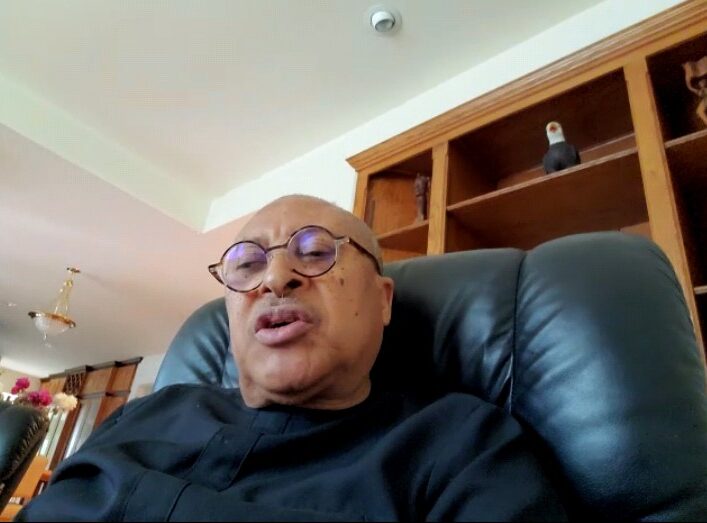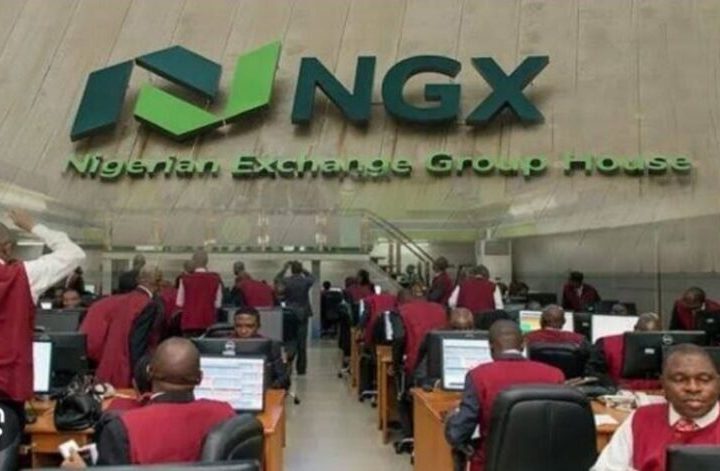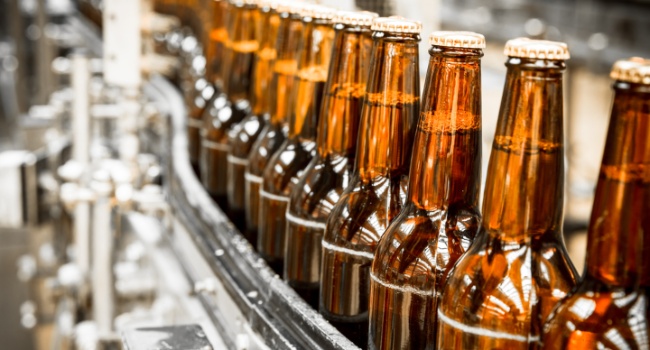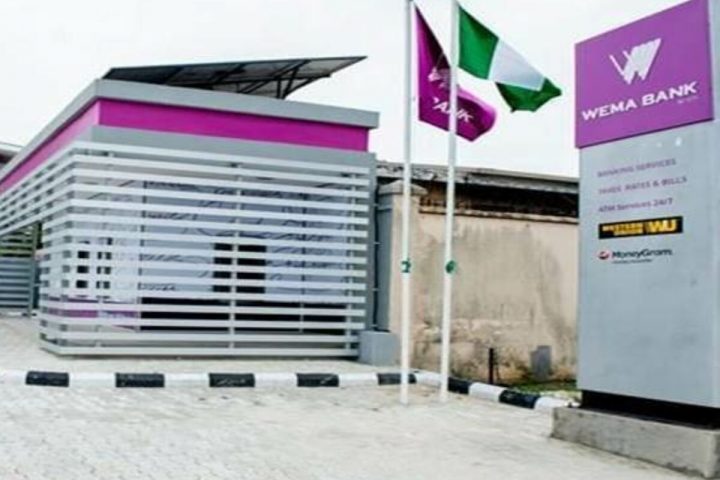With the announcement of the removal of subsidy on petrol, the Federal Government has been urged to allow full deregulation of the downstream sector of the oil and gas industry to engender healthy competition in supply of the products.
Nigerians have continued to lament the sudden hike in the pump price of petrol which has also affected the cost of goods and services as a result of the subsidy removal.
Join our WhatsApp ChannelA Professor of Political Economy, Prof. Pat Utomi, who spoke at an interactive session organised by Prime Business Africa on Friday on the petrol subsidy removal, said the government needed to end the existing monopoly of supply by the Nigeria National Petroleum Company (NNPC) and ensure a near-perfect competition in the market to stabilize the prices in a way that can help consumers.
Prof. Utomi said this can be achieved by allowing private investors to come into the industry and produce petroleum products to ensure adequate supply across the country.
He maintained that the only way consumers can get the best price possible is through competition in the market by suppliers.
READ ALSO: Subsidy Removal: ‘Nigeria Should Channel Funds To Skill Acquisition Schemes For Job Creation’
He said: “Government has a duty to the people not to punish them. If government wants to save us from the stealing that is going on in the name of subsidy, and yet ensure that we pay a fair price, government need to ensure a situation of near-perfect competition. This is because the only thing that gives people the best price possible is the competition.”
“To create a near-perfect competition, you need to get efficient players, as many as possible, to get into that business,” he added.
He lamented that for many years Nigeria failed to successfully deregulate which kept the industry stagnated.
He said the country for years many tried to give licenses for setting up private refineries but there were no successful takers as the government kept insisting on fixing the price which wasn’t favourable to investors.
Utomi said the petrol subsidy has existed for years but never benefited ordinary citizens because of corruption in the NNPC. According to him, the national oil company operates an opaque structure which gives room for manipulation.
“In my view, the principal cause of confusion about the subsidy issue is corruption in NNPC.
“NNPC is a rogue institution which people who get to power in Nigeria use to despoil the Nigerian people in a classic base of state capture, the NNPC, and it is inside the opaque nature of the NNPC that the issue of subsidy or lack of it, takes form.”
He pointed out that petrol is a cheap commodity and does not give a competitive edge as the prices are relatively the same, which made big marketers in the past engage in other businesses to make marginal incomes.
However, according to him, what gives the marketers in the business in the country today incentive is theft in the subsidy scheme.
He said NNPC has taken over the responsibility of the main provider and whatever it claims is the cost remains sacrosanct and because it does not have the capacity to import, some private marketers were called upon to bring in the product, and then eventually resorted to laying fake claims of what was spent in importation.
“In Nigeria, what has happened is that NNPC has taken over the responsibility of the main provider. Because it is the main provider, anything it claims is the cost, government would pay it and it can then sell at the price it says is subsidized and government would give it that amount of money.

Speaking further on the alleged graft in the system, he said the Petrol Equalization Fund created by NNPC to assist marketers with the cost of logistics in order to maintain equal prices across the federation, became a conduit for draining billions of naira from the fund.
To end the charade, he said the government needs to take full measures in privatizing the existing refineries and issuing licences to efficient private investors to set up modular refineries and boost local production of petrol.
He said subsidies as done in developed countries are usually not on consumption commodities but for productive ventures.
“Subsidies go to production, not to consumption. If they go to consumption, you will create this middlemen thing we have in Nigeria today.”
He suggested that the government can channel the subsidy to help all those given refinery licences in the past to begin to produce and compete in the market so that after some time the price would drop.
“Production can be facilitated in subsidy…With a little subsidy, modular refineries can be set up across the sub-region by Nigerian entrepreneurs and people actually expand Nigeria’s business, create more jobs and all of that. One and a half million dollars can set up a modular refinery. In just providing a basic, small subsidy for the setting up of these modular refineries across the country, by the time Aliko begins to produce, he would find out that there is competition from those modular refineries and he would not kill us with his pricing. But if there is no such around, whatever Aliko says to us we pay. This is the logic of deregulation, stimulating production to bring prices down for consumers,” Utomi stated.
Victor Ezeja is a passionate journalist with seven years of experience writing on economy, politics and energy. He holds a Master's degree in Mass Communication.




















Follow Us